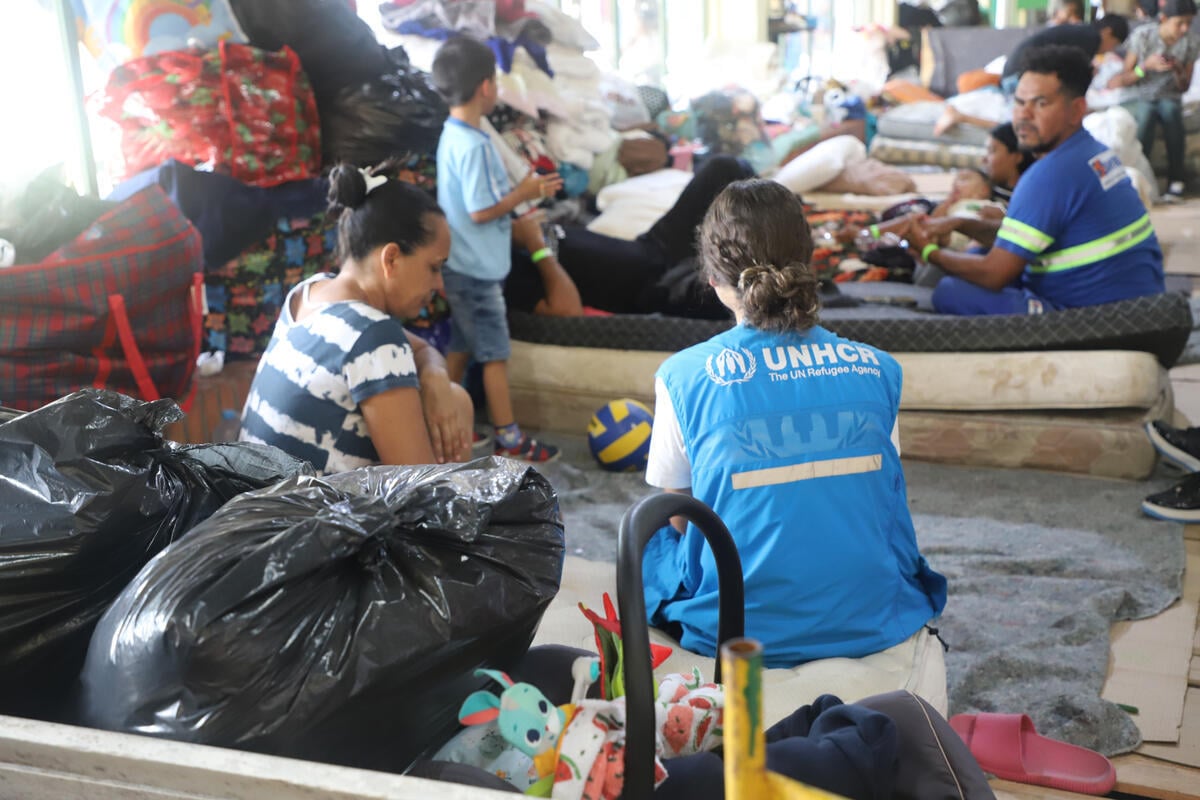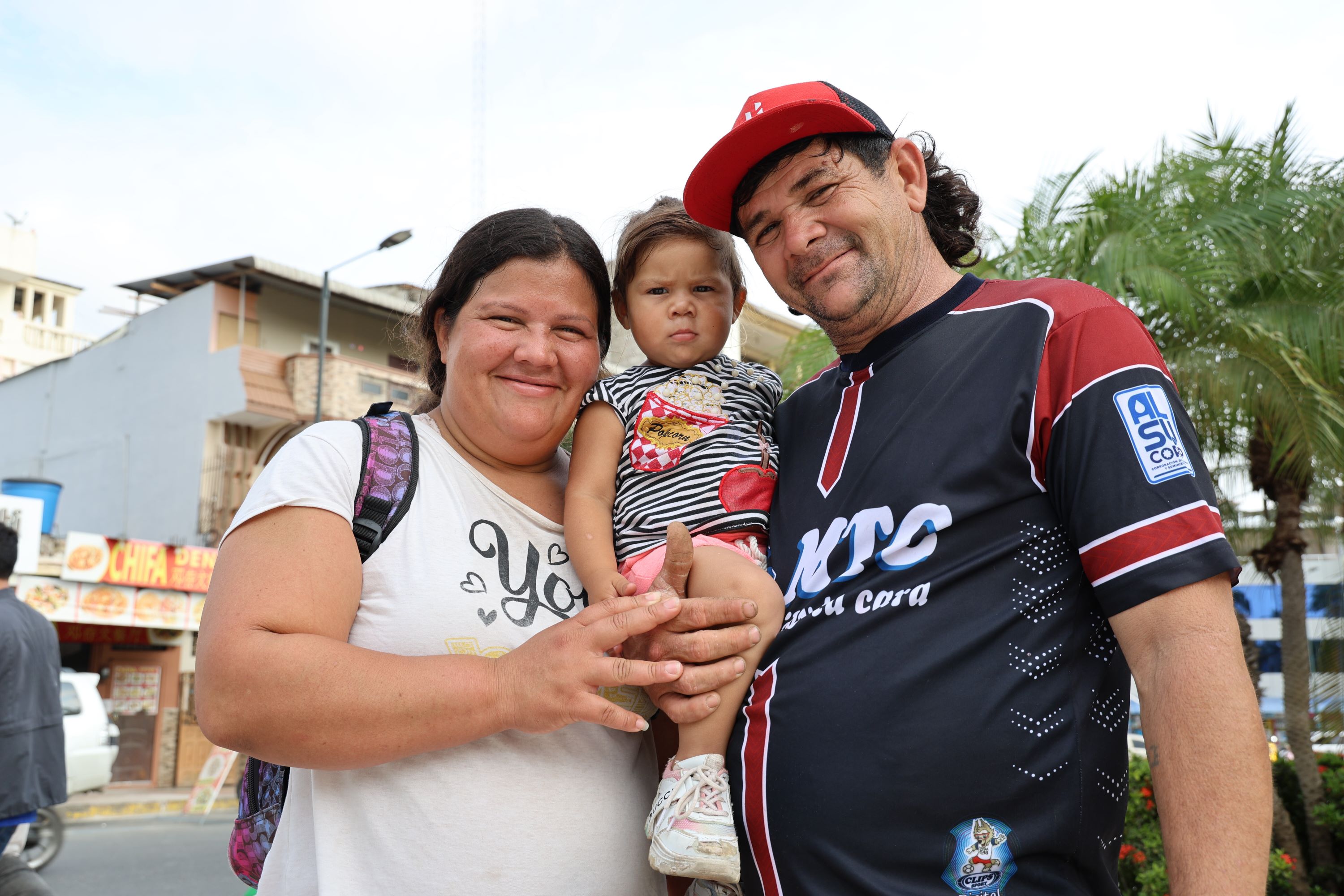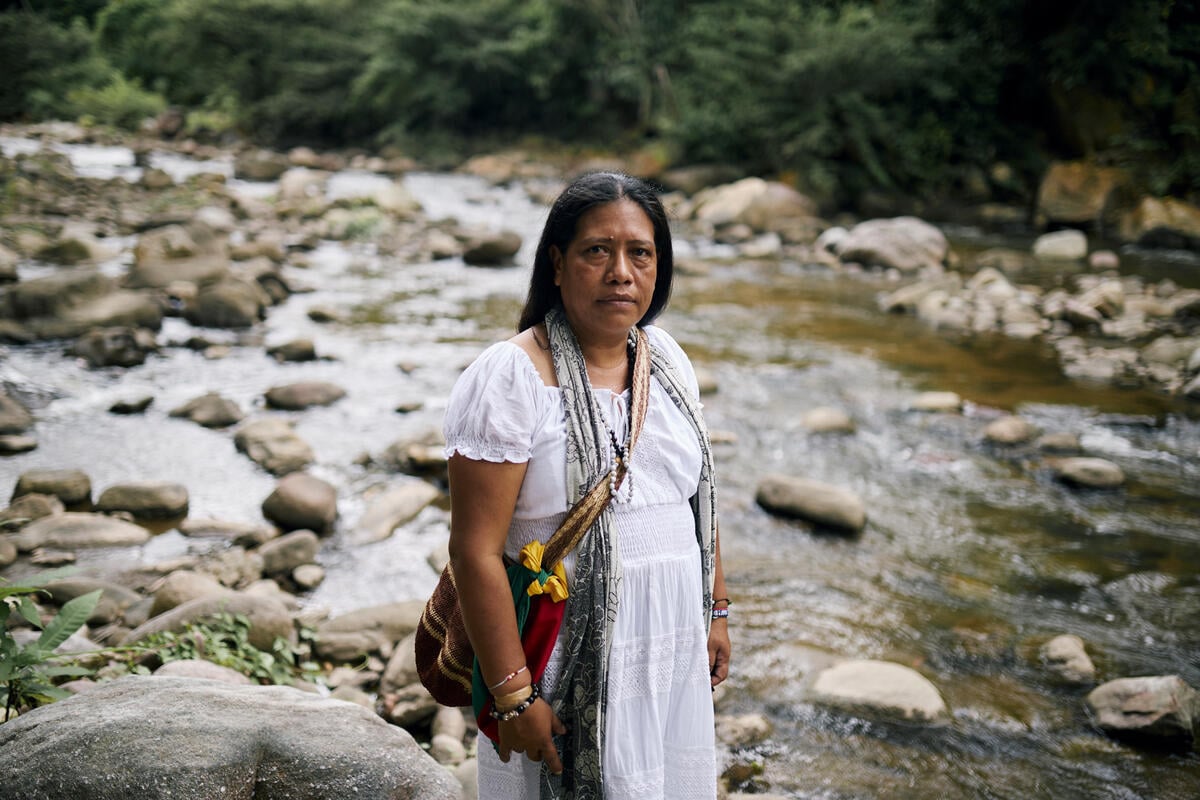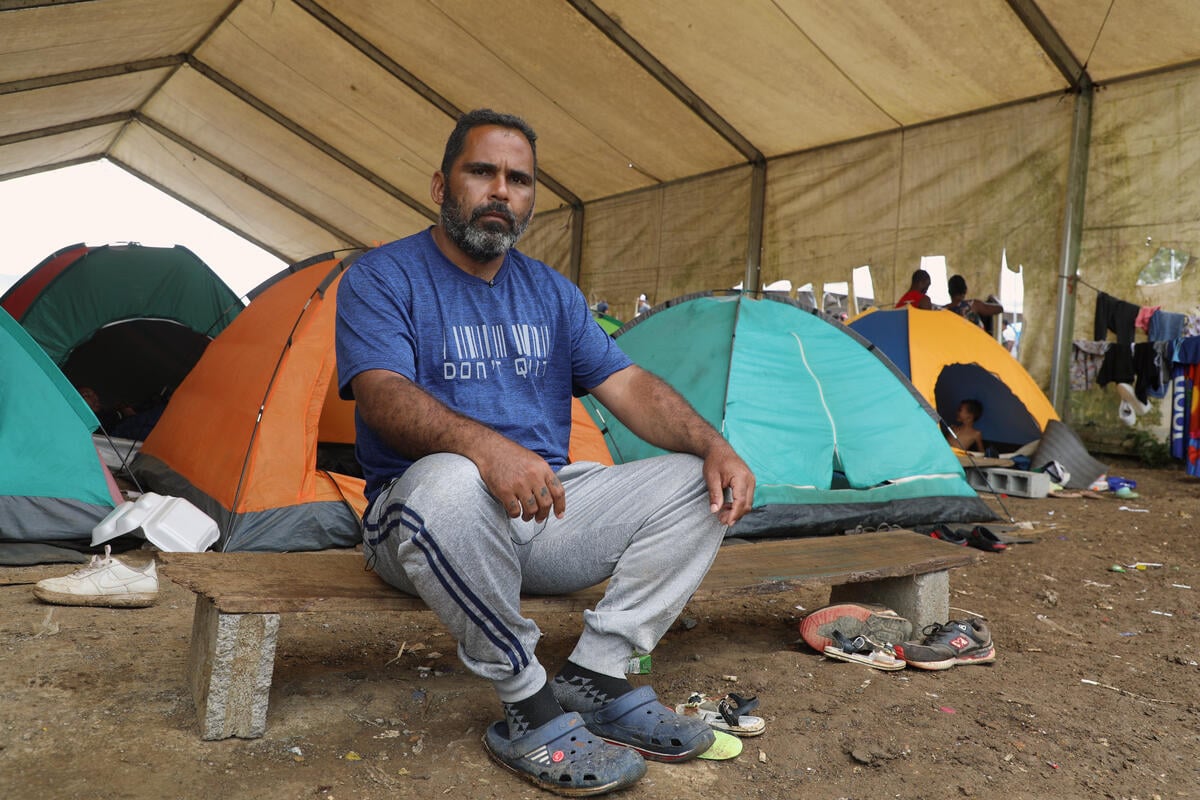UNHCR ramps up response as Ecuador declares emergency
UNHCR ramps up response as Ecuador declares emergency
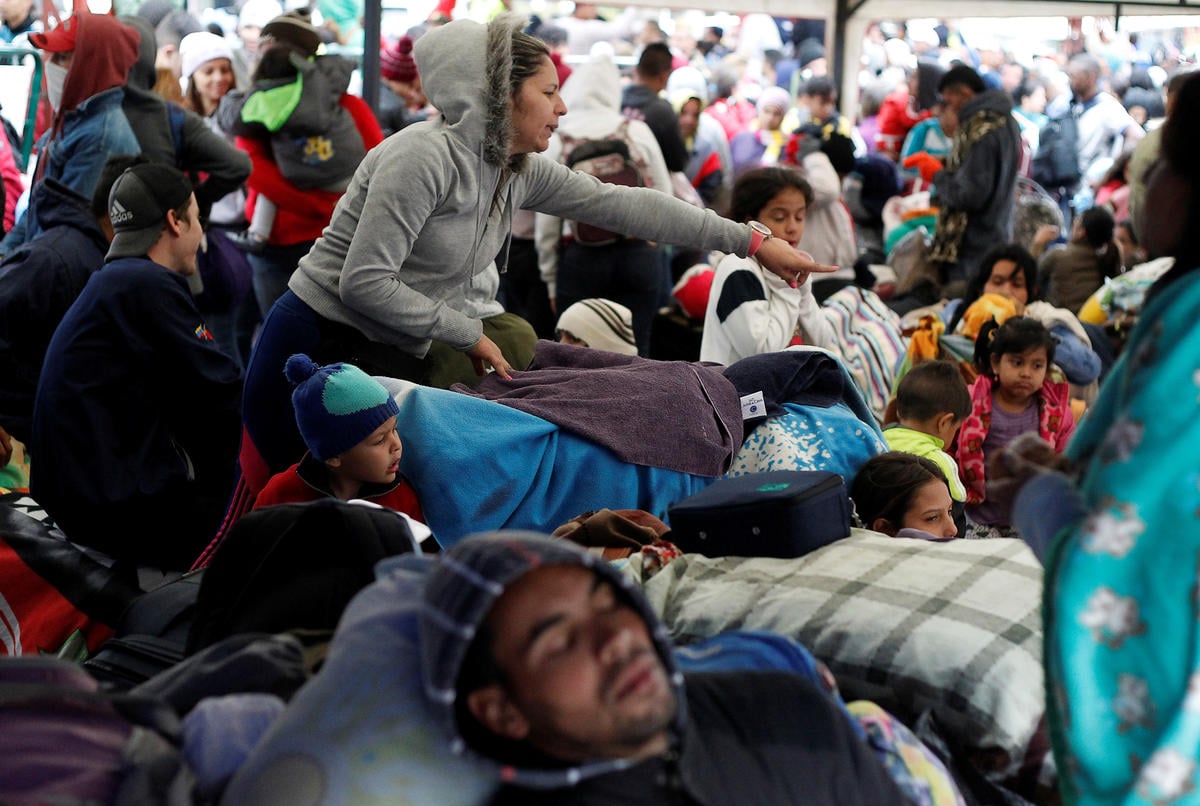
On August 8th, in response to the massive influx of Venezuelans arriving to the country, the Government of Ecuador declared a state of emergency in human mobility in the provinces of Carchi, Pichincha and El Oro. UNHCR, the UN refugee agency, welcomes and supports this decision, which allows Ecuador to assign additional resources and step up its response and reaffirms Ecuador’s long tradition of welcoming refugees and other persons on the move.
The exodus of Venezuelans from their country is one of Latin America’s largest mass population movements in history.
Since the beginning of the year, some 547,000 Venezuelans have entered Ecuador through the Colombian border at a daily average of between 2,700 and 3,000 men, women and children. However, the influx is now accelerating and, in the first week of August, some 30,000 Venezuelans entered the country (more than 4,000 per day).
Many of the Venezuelans are moving on foot in an odyssey of days and even weeks in precarious conditions. Many run out of resources to continue their journey and, left destitute, are forced to live rough in public parks and resort to begging and other negative coping mechanisms in order to meet their daily needs. Up to 20 per cent of the new arrivals are identified as showing specific protection needs and other vulnerabilities, including women and children at risk, single parents or caregivers and persons with disabilities in urgent need of assistance. Women and girls represent 40 per cent of the new arrivals and face serious risks of sexual violence, in particular survival sex and trafficking. Xenophobic reactions to the exodus have been noted in some quarters.
With the declaration of emergency Ecuador is already assigning resources and stepping up its response to this dramatic increase in arrivals of Venezuelans. An example of this has been the swift upscaling by the Ecuadorian immigration authorities of their capacity to register as many as 5,600 people entering the country each day and ensure that people no longer have to sleep out in the open on the Ecuadorian side of the border while waiting to be processed.)
The majority of the Venezuelans entering Ecuador continue onwards to Peru and Chile. Up to 20 per cent, however, remain in the country, some 7,000 of whom have sought asylum since 2016. The government-run asylum system is feeling the pressure. Ecuador has also provided other forms of legal stay to tens of thousands of Venezuelans.
UNHCR is stepping up its response to establish a contingency plan and the necessary actions for humanitarian assistance. Under the leadership of the Ecuadorian Government, together with the International Organization for Migration (IOM), and in close cooperation with the UN country team and NGO partners, UNHCR will continue to respond to the immediate protection and assistance needs of the Venezuelan influx. UNHCR has strengthened its presence at the key border crossings in the north, and is planning to do so in the south of the country; it is stepping up its overall emergency and operational response capacities; providing technical assistance and supporting the Government in shoring up its refugee status determination, registration and other protection delivery mechanisms; working to identify vulnerable Venezuelans for protection and assistance referral; and ensuring that asylum-seekers, refugees and migrants have consistent protection and other vital information.
For more information on this topic, please contact:
- In Geneva, William Spindler, spindler@unhcr.org, +41 79 217 30 11

